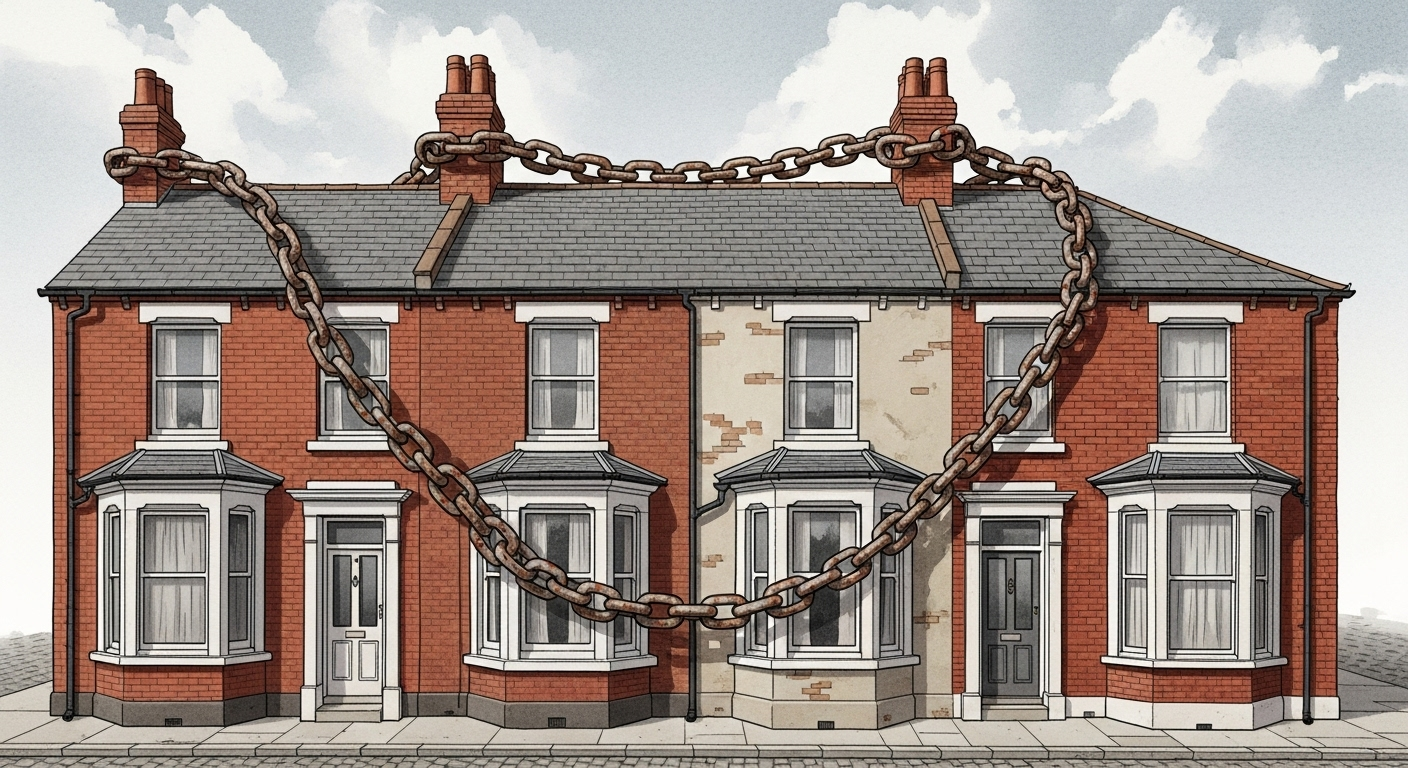Blog
Guide

Conveyancing timescale guide
How long does conveyancing take?
In most cases, the conveyancing process on the purchase of a property in England and Wales will take 8-12 weeks. However, it can be less than this or longer, depending on circumstances. Your conveyancer will keep you updated on progress and any specific issues that may increase the time taken to complete the purchase.
It can be difficult for a conveyancer to give a precise answer to “how long will my conveyancing take?” at the start of the process. It is important to give your conveyancer all the information requested as quickly as possible, make sure you have all the documents you need readily available.
A simple no chain transaction on average takes less than 3 months, but it is not uncommon for the process to take longer if there is a complex chain.
When does the conveyancing process start?
The buying or selling conveyancing process starts for you once an offer is accepted on a property. Our timescales start from the point of instruction. We have created a step-by-step conveyancing guide for buying and selling property. It breaks the process down into simple steps – you can download a copy to help keep you on track.
What things can slow the conveyancing process?
There are a number of factors that influence how long your conveyancing transaction takes, here is where common delays may occur and how you can try to avoid them.
• How quickly your mortgage lender deals with your mortgage application
• Delays in getting access to a property for a survey
• Survey reveals defects or issues that need attention or further investigation
• How long the local searches take, this can vary depending on authority and time of year
• Seller looking for a property, quite often sellers may not look for a property until they have a buyer
• If you are in chain then transactions and transfers need to be coordinated
• Delays in getting seller’s replies to pre-contract enquiries, questions that are not answered in documents provided
• Getting documents from third party organisations – these can include NHBC certificates, information from management company or proof of planning consent
• Issues with Title Deeds – these can include property not being registered with HM Land Registry or where property is being sold by the executor of someone who has died
At Arrow Conveyancing we make it our mission to help to you get through the conveyancing process as quickly and efficiently as possible. We have created easy to understand conveyancing process guides, a jargon buster and a list of commonly asked questions to help you.
Disclaimer: the above information is only a rough guide to give you an indication of timeframes for conveyancing.
The materials on this website do not constitute legal advice and are provided for general information only. Whether express or implied, no warranty is given concerning such materials. We shall not be liable for any technical, editorial, typographical, or other errors or omissions within the information provided on this website, nor shall we be responsible for the content of any web images or information linked to this website.
The information contained in this article does not constitute financial advice or recommendation and should not be considered as such. Arrow conveyancing does not offer financial advice and is not regulated by the Financial Conduct Authority (FCA), the authors of this article are not financial advisors and are therefore not authorised to offer financial advice.
Published on :
December 8, 2024










.png)





